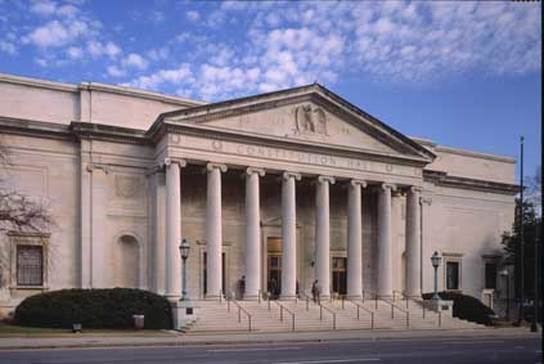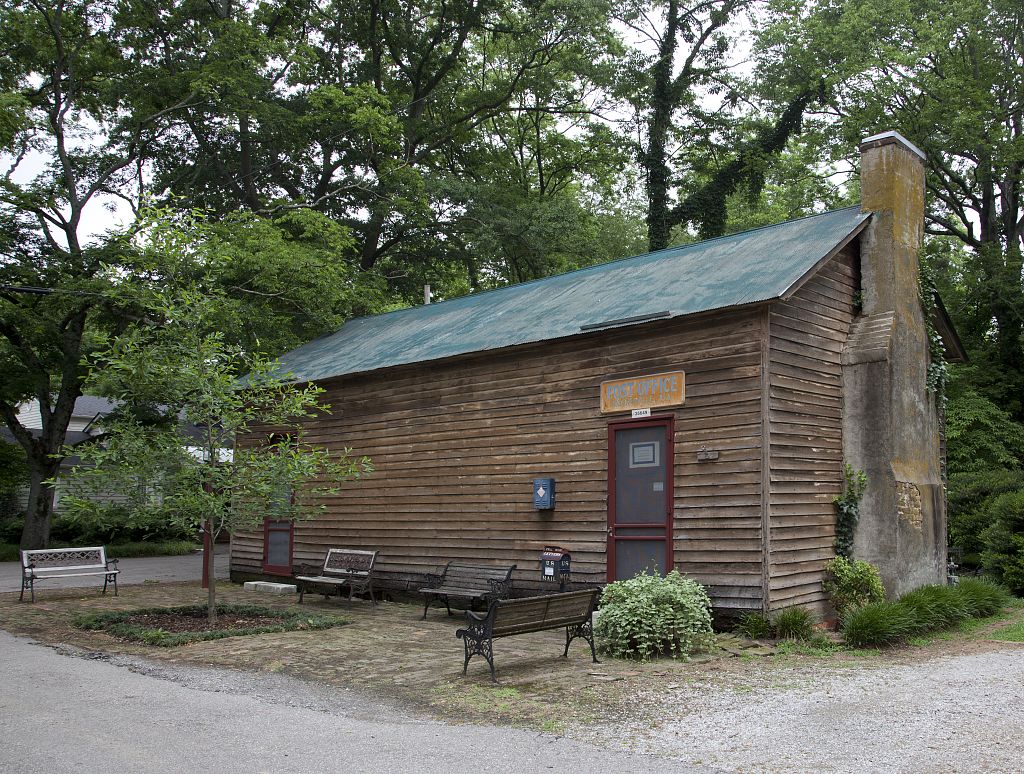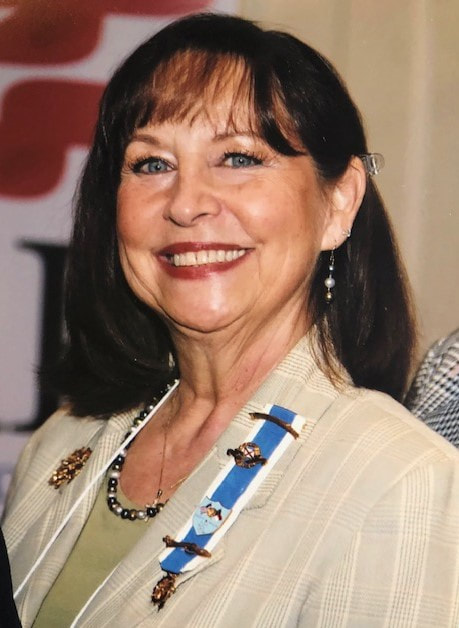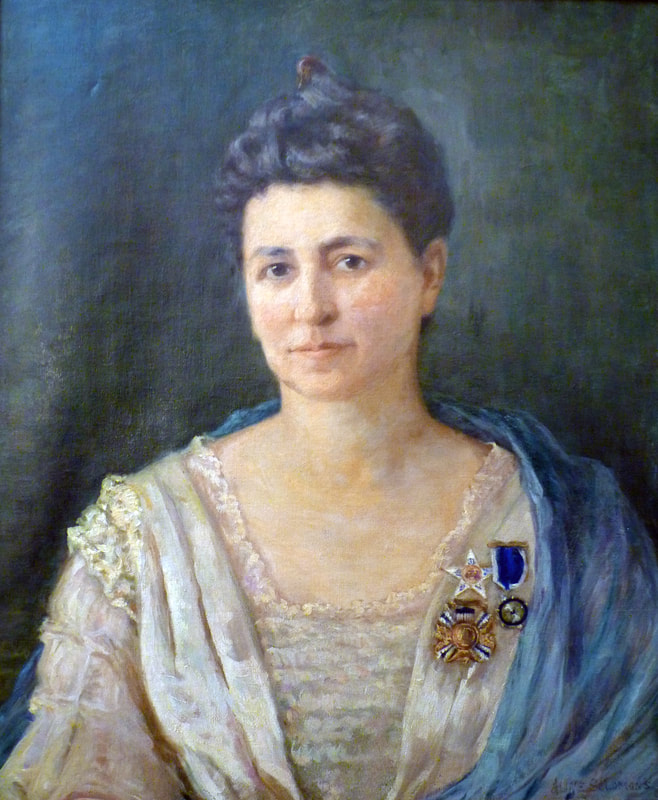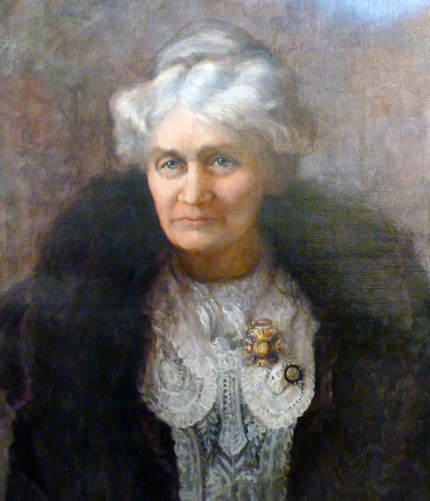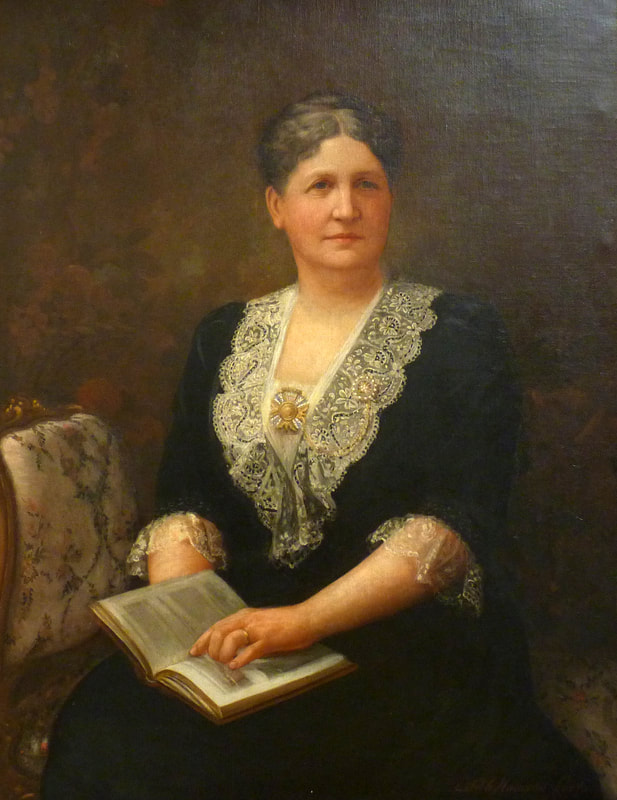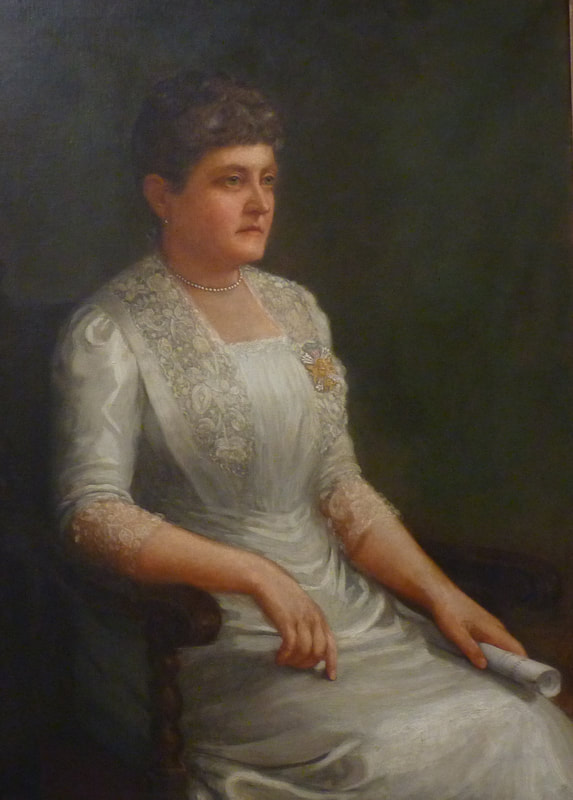A big southern welcome to you from the John Wade Keyes Chapter of the National Society of the Daughters of the American Revolution (NSDAR) in Athens, Alabama! The Daughters of the American Revolution (DAR) is a non-profit, non-political, volunteer women's service organization. We invite you to scroll below and visit our chapter Events and Membership pages to learn more.
The three areas important to every Daughter of the American Revolution are:
|
No. 1
Patriotism
To cherish, maintain, and extend the institutions of American freedom; to foster true patriotism and love of country, and to aid in securing for mankind all the blessings of liberty.
|
No. 2
Historical Preservation
To perpetuate the memory and spirit of the men and women who achieved American independence, by the acquisition and protection of historical spots and the erection of monuments; by the encouragement of historical research in relation to the American Revolution and the publication of its results; by the preservation of documents and relics, and of the records of the individual services of Revolutionary War soldiers and patriots; and by the promotion of celebrations of all patriotic anniversaries.
|
No. 3
Education
To carry out the directive of Washington in his farewell address to the American people, “to promote, as an object of primary importance, institutions for the general diffusion of knowledge,” thus developing an enlightened public opinion, and affording to young and old such advantages as shall develop in them the largest capacity for performing the duties of American citizens.
|
Specializing in service to America, the Daughters of John Wade Keyes Chapter, NSDAR clock hundreds of hours annually.
|
The first patriotic service that the DAR of Athens, Alabama accomplished was to choose to name their chapter after Captain John Wade Keyes who founded Athens before statehood. They made that choice because he was a citizen of Limestone County, Alabama. He was a very prominent citizen who had been a soldier under General George Washington.
John Wade Keyes so admired General Washington that he named his twin sons in his honor: George Keyes and Washington Keyes. This was documented in the Athens Alabama Courier, Limestone County's progressive newspaper, Established 1880, published Thursday, 21 April 1949, Volume 68, Number 16, front page. The passionate Mr. John Wade Keyes, declined payment of land for his service in the Revolutionary war by saying, “I did not fight for payment, I fought for patriotism.” Thomas McAdory Owens wrote about John Wade Keyes in his book Revolutionary Soldiers in Alabama. The text reads: KEYES, JOHN WADE. "The last resting place of this Revolutionary soldier is in an old family burial ground upon his plantation, three miles from Athens on the Huntsville road. His lovely rural home was situated upon a hill about half a mile from Swan creek. His wife, Louisa Talbot Keyes, lies beside him. John Wade Keyes was born in Mystic, near Boston, Mass., Sept. 25, 1752, and died near Athens, Ala., Feb. 13, 1839. His ancestry and many acts of his life are told in a book of the Keyes family called Solomon Keyes and His Descendants, by Judge Asa Keyes, of Vermont, published in Battleboro. We find from this that he was the son of Capt. Humphrey Keyes and Marcella Wade. His father was a sea captain of Boston. After many successful voyages he was wrecked and taken captive by the Algerines. He was a prisoner for years, but finally made his escape. Upon his return to Boston he took John, his oldest son, and went down into Virginia. An old family record in Tennessee shows that Capt. Humphrey Keyes in 1775 was proprietor of 'Keyes' Ferry' on the Shenandoah river. A member of the family has now in his possession a letter written by General Washington relative to the survey of Keyes' Ferry tract on the Shenandoah near Charleston, Jefferson County, Virginia. John Wade Keyes married January 27, 1773, in Virginia, Louisa Talbot, niece of President Monroe. She was born near Alexandria, Va., April 20, 1756, and died near Athens, Nov. 6, 1836. This happy couple lived together for sixty-three years." "Early in the Revolutionary war there was a call made for volunteers under Gen. John Thomas in the Shenandoah Valley. John Wade Keyes was the second man to enlist; he was engaged in the battles of Bunker Hill, Lexington, Trenton, White Plains, Princeton, Brandywine and King's Mountain. Capt. John Keyes settled near Alexandria, Virginia, moved thence to the vicinity of Blountsville, Sullivan County East Tennessee, and finally to Athens, Limestone County, Alabama, where he was one of the pioneer settlers. It is said that he would never consent to apply for a pension and when asked for his reasons he would reply, 'I fought for patriotism, not pensions.' He greatly honored and loved George Washington and he showed his admiration by naming his twin sons for him; one was called George and the other Washington. George Keyes commanded a company under Gen. Jackson and was afterwards made a brigadier-general of militia. Among the descendants of John Wade Keyes were Chancellor Wade Keyes, one of the most prominent jurists that Alabama has produced; George P. Keyes, a noted journalist; Col. John B Richardson, of New Orleans, commander of the famous 'Washington Artillery' during the war, and others of distinction at the present day." Mrs. P. H. Mell in Transactions of the Alabama Historical Society, Vol. IV, p. 548. [Source: www.archives.state.al.us/al_sldrs/k_list.html] John Wade Keyes family was prominent wherever they were located. His son Washington Keyes served as the first bank teller at the Old State National Bank in Decatur, Cotaco County (now Morgan County). He slept in an upstairs bedroom as he doubled as a guard. He went on to a place of prominence. Twin George Keyes commanded a company under Gen. Andrew Jackson. He was promoted to brigadier-general of militia afterwards. Captain John Wade Keyes and wife, Louisa Luvisa Talbot Keyes, a niece of President Monroe, were originally buried on their plantation three miles from Athens near Swan Creek on the Huntsville Road, but were re-interred through the John Wade Keyes Chapter of the DAR in the Athens Cemetery about 1912. |
What will your role be
|
|
Members of John Wade Keyes Chapter, NSDAR are history makers and keepers...John Wade Keyes Chapter, NSDAR organized in Athens, Alabama on 2 May 1900. The first Regent was Mrs. Aurora Pryor McClellan. Aurora Pryor McClellan was a patriot, an excellent Daughter, and a leader in the fashion of the four founders.
For more than a hundred years, the members have documented, preserved, and restored history and historical artifacts. One story deserves repeating: An article written in the New Courier, a newspaper serving Athens, Alabama, written by Jennifer R. Hill, dated 1 Aug 2008, tells the story of the Last ‘daughter’ of the Revolution: Barbara Gray Harper Black has a personality as big as her name. Her name and the stories it carries with it appear in several historical documents because she is the last known Limestone County “granddaughter” of the American Revolution, said Limestone County John Wade Keyes Chapter of the Daughters of the American Revolution representatives. Passing on her heritage is important to Black. “It’s kind of an enigma, you don’t know where you’re going unless you know where you’ve been,” she said. Black’s grandmother, Mary Malissa Faver Reid Christopher, was the daughter of John Faver, a patriot of the Revolutionary War. Black’s mother, Susie Lee Christopher Gray, told Black that she resembled her grandmother. Gray told Black that her grandmother Christopher was rumored to have some sort of Spanish nobility in her heritage. “She had dark hair, brown eyes and high cheekbones,” Black said. “I think it’s important to know about your ancestry, even if it is a little factitious. In the absence of radio and TV, that’s all we had to talk about at night. All I have is verbal, handed down.” Faver in Limestone Faver served with George R. Clark’s Illinois Regiment, Virginia troops. He first enlisted August 1, 1780, and continued to serve when needed during the Revolution. His last documented service was from January 1 until February of 1784. He also served under the command of captains Isaac Taylor and Abraham Chapline, Lieutenant Richard Clark and Major General George Walls. During this time, he lived in Jefferson and Kentucky counties of Virginia. Faver was born in 1763 in Virginia and later moved with his first wife, Henrietta, and their children, John, Silas and Elizabeth, from Virginia to Lexington, Kentucky, then to Alabama, where he purchased a farm in Limestone County. When he was 73, he married 23 year-old Mahala Lee on July 28, 1836. They had three children, Sarah Ann, Theophilus, and Mary Malissa. Mary Malissa Faver Reid Christopher was born in 1841, at the Faver Farm in Limestone County. The farm was located near the site of Round Island Baptist Church. Christopher married Arthur Reid and they had two sons. After Reid’s death, she married William R. Christopher, a prominent farmer in western Limestone County. They had one child, Susan Lee, who eventually married Meyer Jerome Gray. The Grays resided at Strange in Limestone County. Black and Ancestors Black was born in 1923. She was the eighth child and her mother was 42 years-old when she was born. Her siblings ranged from 23 years old to six years old at the time of her birth. Black said she grew up on what is known today as Nuclear Plant Road, in the Bethlehem Church and Proctor School area. She graduated from Tanner High School and then graduated from Athens College. “I got a four-year degree in two and a half years,” she said. Black became an elementary school teacher. She taught “a little in Austinville out from Decatur,” nine years at Reid Elementary, and then transferred to Athens City Schools. “Teachers don’t educate children, children educate teachers,” she said. Black was told that she took after her grandmother Christopher not only in looks but in occupation, as well. Christopher was also a teacher. Reminders of Past In 1823, Faver donated two acres of his property to what is now known as Round Island Baptist Church. Mary Malissa Faver Reid Christopher, and her three children — sons Alfred and Albert Reid, and daughter Susie Lee Christopher Gray — along with their spouses, are among the many buried at Round Island cemetery. Faver is buried on what was his farm in Limestone County in a nearby township. A cornerstone of the original church that is now Round Island Baptist Church lies in a garden area today to remind members of their past. On 16 Nov 2008, the John Wade Keyes Chapter, NSDAR and descendants of Mary Melissa Faver Reid Christopher held a rededication of Christopher’s tombstone at the Round Island Cemetery in Limestone County, Alabama.
|
“I did not fight for payment, I fought for patriotism.”
Quote by John Wade Keyes regarding a pension for his service during the Revolutionary War.
John Wade Keyes Chapter, NSDAR. Athens, Limestone County, Alabama
John Wade Keyes Chapter, NSDAR. Athens, Limestone County, Alabama
The content contained herein does not necessarily represent the position of the NSDAR. Hyperlinks to other sites are not the responsibility of the NSDAR, the state organizations, or individual DAR chapters.
Questions about membership? Please write to membership here.
Email: Webmaster
Last Updated: 8 June 2024
Photos courtesy of John Wade Keyes Chapter, NSDAR Members. Athens, Limestone County, Alabama
Questions about membership? Please write to membership here.
Email: Webmaster
Last Updated: 8 June 2024
Photos courtesy of John Wade Keyes Chapter, NSDAR Members. Athens, Limestone County, Alabama

